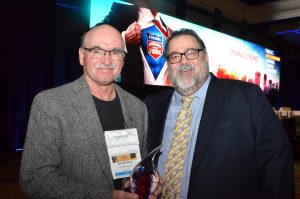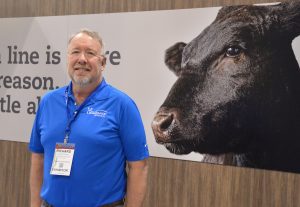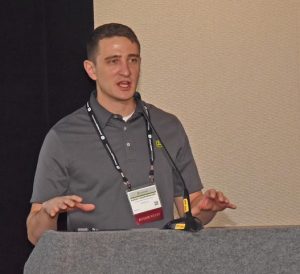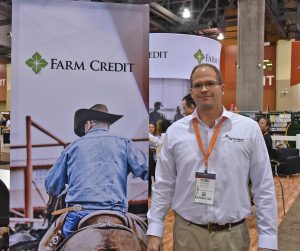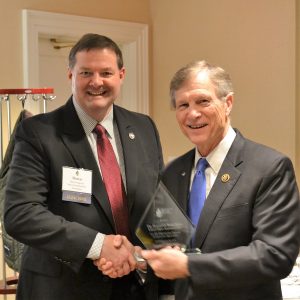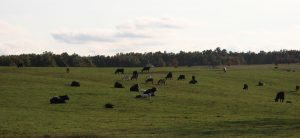 The National Cattlemen’s Beef Association (NCBA), National Pork Producers Council (NPPC), National Milk Producers Federation (NMPF) and poultry groups including National Turkey Federation, National Chicken Council, U.S. Poultry & Egg Association, and United Egg Producers applaud introduction of bipartisan legislation in the U.S. Senate that would prevent farms, ranches, and other agricultural operations from having to report livestock manure data under Comprehensive Environmental Response, Compensation and Liability Act (CERCLA).
The National Cattlemen’s Beef Association (NCBA), National Pork Producers Council (NPPC), National Milk Producers Federation (NMPF) and poultry groups including National Turkey Federation, National Chicken Council, U.S. Poultry & Egg Association, and United Egg Producers applaud introduction of bipartisan legislation in the U.S. Senate that would prevent farms, ranches, and other agricultural operations from having to report livestock manure data under Comprehensive Environmental Response, Compensation and Liability Act (CERCLA).
The law governs toxic Superfund sites which are used primarily to clean hazardous waste sites but also includes a mandatory federal reporting component. Lead sponsors include Sens. Deb Fischer (R-NE) and Joe Donnelly (D-IN), along with 18 other Republican and Democratic senators, including Environment and Public Works Committee Chairman John Barrasso (R-WY) and Ranking Member Tom Carper (D-DE).
“There’s not a lot of truly bipartisan legislation in Washington these days, but one thing that pretty much everybody can agree on is that a responsibly-run cattle ranch isn’t a toxic Superfund site,” said fifth-generation California rancher and NCBA President Kevin Kester. “On behalf of cattle producers across America, I want to sincerely thank the Senators from both parties who worked together to introduce this bipartisan bill. I also want to encourage other Senators to join the effort and pass this bill as quickly as possible.”
“Routine emissions from hog manure do not constitute a ‘hazardous’ emergency that requires the Coast Guard to activate a national cleanup response,” said NPPC President Ken Maschhoff, a pork producer from Carlyle, Ill., “We’re extremely grateful to the 19 cosponsors of the FARM Act for their leadership and common sense on this issue. EPA exempted farms from CERCLA reporting because it knew responses would be unnecessary and impractical. Frankly, the court created a problem where none existed.”
“CERCLA was never intended to be applied in this way to dairy farms,” said NMPF President and CEO Jim Mulhern. “Congress needs to stipulate that this burdensome regulatory overreach serves no legitimate health or safety purpose, and needs to stop.”
“This is significant breakthrough legislation restoring CERCLA reporting to its intended purpose, a united legislative effort that has been nearly 15 years in the making, and we appreciate their swift action on behalf of America’s turkey, chicken and egg farmers,” said the poultry groups in a joint statement. “Marking a bi-partisan level of cooperation, the bill demonstrates strong support from both Republicans and Democrats on the Senate Environment and Public Works Committee to clarify Congress’ intent.”
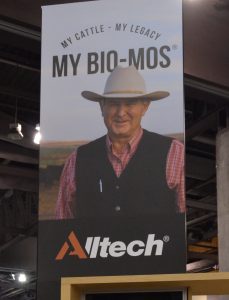 When it comes to gut health in cattle, a tried and true product from Alltech is Bio-Mos. The 2018 Cattle Industry Convention was a great spot for us to get a refresher on how this product is performing in the field and at the bunk.
When it comes to gut health in cattle, a tried and true product from Alltech is Bio-Mos. The 2018 Cattle Industry Convention was a great spot for us to get a refresher on how this product is performing in the field and at the bunk.

